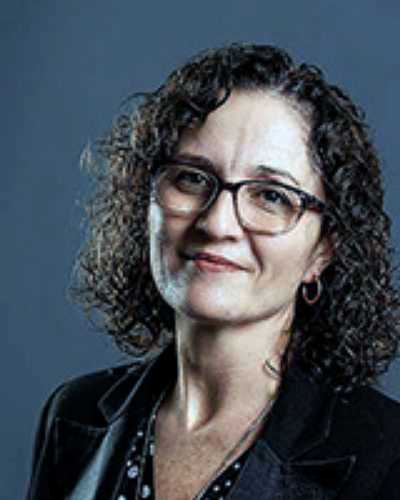early abstract:
Almost universally, people living in rural and remote places die younger, poorer, and sicker than urban dwelling citizens of the same country. However, despite clear need, health services are commonly less available and more costly and challenging to access for rural and remote people. Rural geography is commonly cited as a reason for these disparities, that is, rural people are said to live in places too distant, too under-populated, and too difficult to access. However, all these descriptions tacitly compare rural places with urban spaces. That is, rural places are perceived as too distant from cities, less populated than cities, and too difficult to access from cities. This relative framing situates urban geography as normal, and non-urban geography as abnormal and blames people who live outside of normalised urban spaces for their own disadvantage. It suggests rural people should expect less service, higher costs, and increased awkwardness in using healthcare services due to the ‘abnormality’ of living in rural spaces. However, the concept of spatial justice provides an alternate way of considering geography, which we propose could effectively reframe understanding of and approaches to rural and remote healthcare to improve health outcomes.
Spatial justice refers to the experience of justice relative to location and requires opportunities, including the access to health care, to be distributed equally across geographic spaces as well amongst people. To critical geographers, places are not static; humans both respond to geography and shape it based on decisions influenced by contemporary social ideologies. As a society we decide where we build housing, roads, and healthcare facilities, based on what and who we value. Rural health outcomes could therefore be conceived as resulting from social ideology regarding locational investment, social worth, and urbanormativity, rather than challenges of topography.
In this critical narrative review, we apply geographical concepts to suggest how rural and remote geography may have been shaped by ideologies of capitalism and neoliberalism to result in spatial injustice. Our analysis suggests that rather than rural geography being a neutral issue, society shaped geographies to limit health opportunities for people that live in rural and remote places. We suggest reframing to allow rural and remote geography to be conceived as a social factor able to be shaped, rather than as an insurmountable barrier to equity. We consider how application of French philosopher and geographer, Lefebvre’s tripartite model of conceived, perceived, and lived space could be used to examine and guide social policy to re-shape rural and remote geography to increase health opportunities.
This application of spatial justice to rural and remote healthcare suggests opportunities to reframe assumptions that rural and remote people should necessarily experience greater cost, inconvenience, and difficulty accessing healthcare due to geography. If social ideology shapes rural and remote geography to result in poor health, it then accordingly, it could be re-shaped for good health. Using critical geographical concepts may provide useful language and concepts to understand, advocate for, and change policy to increase spatial justice and consequently, rural and remote health outcomes.
Keywords: rural, remote, spatial justice, justice, health care, geography, equity, neoliberalism, capabilities, review



